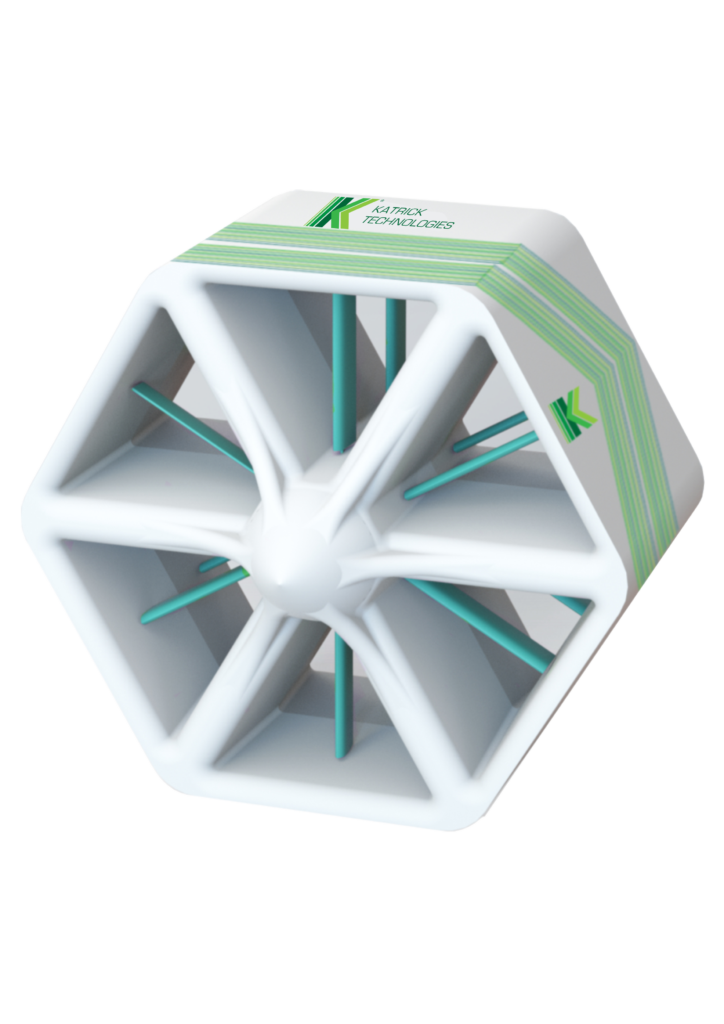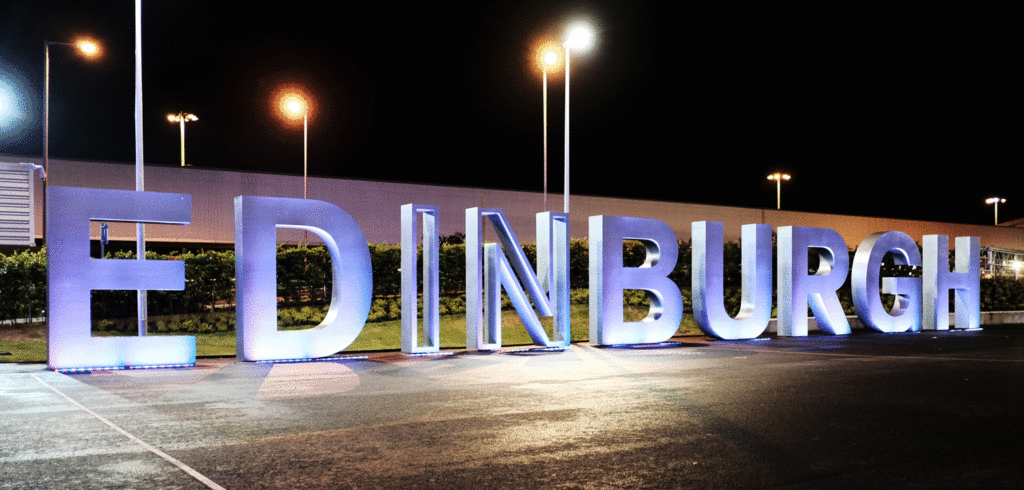Edinburgh Airport in Scotland has partnered with green energy company Katrick Technologies to place several wind mapping sensors across the estate, including on the terminal roof and around the runway, to examine areas of unexploited low-level wind power.
The data collected by the sensors will help determine the optimal areas to capture and convert energy using Katrick’s innovative wind panels. This will help the airport to generate additional green energy and become more energy efficient.
Danny Quinn, technical asset director at Edinburgh Airport, said, “As an airport we are always looking to embrace fresh ideas, particularly when it comes to the generation of green energy, and this technology has the potential to provide new opportunities around this.
“When installed, these sensors have the ability to identify untapped sources of wind energy across our campus, giving us the potential to become more efficient in the way we run. We are pleased to be working with Katrick Technologies and are looking forward to seeing the benefits this partnership can deliver.”
Katrick Technologies’ wind panels are a unique innovation for wind-based renewables. The wind panel consists of numerous channeling ducts where multi-layered patented aerofoils are located. These aerofoils work independently from one other to maximize energy capture and convert this energy into mechanical oscillations. From here, the oscillations are converted to a focal point before conversion to energy.
The panels can capture more kinetic energy than conventional wind turbines, while measuring just 4 x 4m and thus demanding a much smaller footprint. Moreover, the panels are cheaper than most other wind-based solutions, with a levelized cost of energy (LCOE) of just 8p/kW.
Vijay Madlani, co-CEO of Katrick Technologies, said, “Traditional wind turbines simply aren’t feasible for airport estates. The goal of our partnership with Edinburgh Airport is to provide them access to previously untapped areas of energy through our wind panels.
“In addition to their scalable and flexible location applications, the panels are designed to work as B3 noise barriers, meaning they offer highways and airports a noise mitigation solution. Additionally, we have created multiple designs which can complement various environmental settings.”


